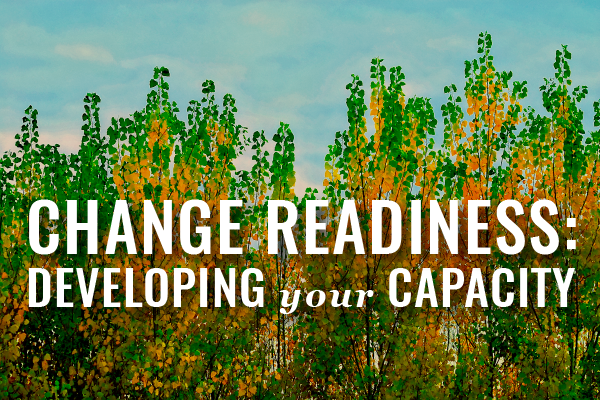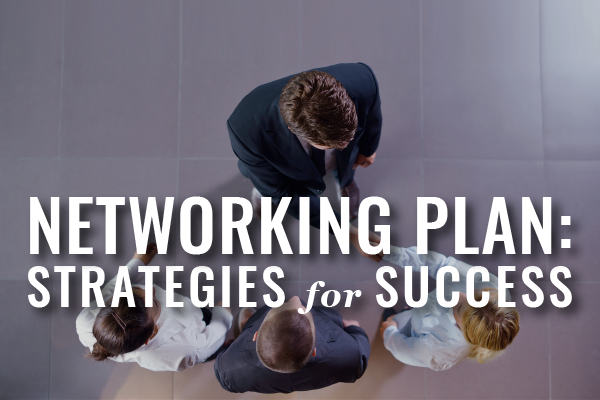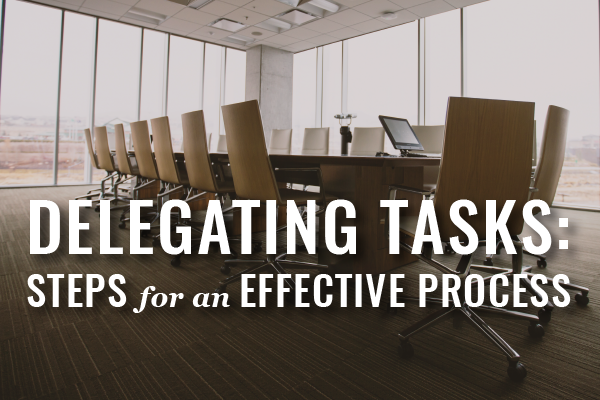A fun little game to stir up regrets is to ask yourself what you would change from your past if you had a time machine. Would you take an opportunity that you missed? Would you refrain from doing something that had negative consequences? Would you face a fear? This exercise can highlight events in our past that, through hindsight, seem to be a detriment to our present life as we experience it. Regrets can uncomfortable, and at times downright painful. The major flaw of this game is that it devalues regrets, makes us wish for an impossible alternate reality, and often increases shame and helplessness.





